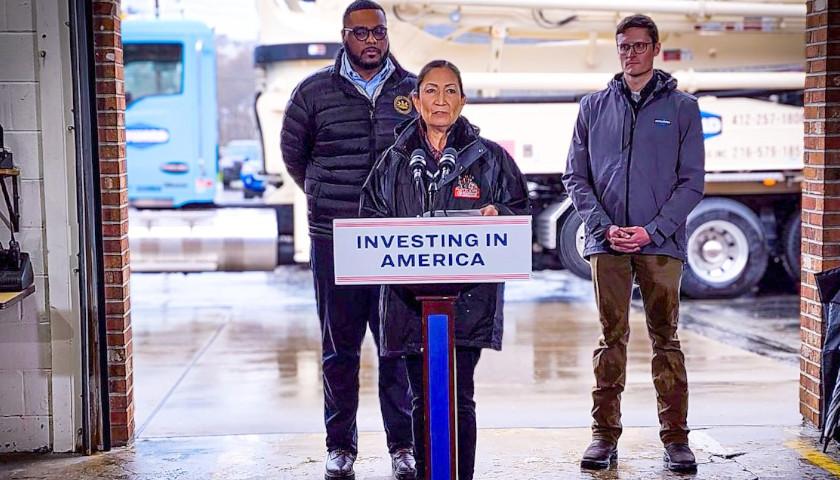by Anthony Hennen
Republicans lawmakers will again tackle regulatory reform and the separation of powers in the new legislative session.
Previous efforts made some progress, but failed to become law.
The latest attempt is proposed Senate Bill 188 that would require legislative approval of “economically significant regulations.”
A regulation would be considered economically significant if it had a “direct or indirect cost to the commonwealth, to its political subdivisions and to the private sector in excess of $1 million on an annual basis,” according to the legislation. The cost would be verified by the Independent Fiscal Office.
If the bill becomes law, the General Assembly would need to pass a concurrent resolution to approve the regulation. The proposed legislation would apply to rules and regulations issued by state agencies, as well as general permits issued by the Department of Environmental Protection.
Supporters say it would create accountability.
“Our current regulatory process vests too much power in unelected bureaucrats and agencies that lack direct accountability to the people,” Rep. John DiSanto, R-Harrisburg, wrote in a legislative memo. “This legislation will help restore important constitutional checks and balances to protect against onerous regulations that hamper job creation and economic growth.”
A similar bill, SB126, passed in the Senate last session, but stalled in the House.
On Monday, State Rep. Dawn Keefer, R-Dillsburg, spoke with State Rep. Joe D’Orsie, R-Manchester, about the bill’s continued importance.
“It’s just putting another check and balance on regulations which are essentially another law … to make sure the people you elected are the ones making those decisions,” Keefer said.
The legislation, she noted, would require legislators to take charge over the state bureaucracy.
“Any regulation — we pass these very vague, broad laws and then we punt to the executive to fill in the gaps and promulgate that law,” Keefer said. “This is just putting more onus on the General Assembly.”
One analysis of the commonwealth’s regulations has found them to be regressive in nature.
“Recent research shows that a greater regulatory burden … is associated with increased poverty rates, higher levels of income inequality, reduced entrepreneurship, and increased consumer prices,” wrote Dustin Chambers, an economist at Salisbury University for the Mercatus Center. Pennsylvania was ranked 11th for the most state-level regulations in the analysis.
– – –
Anthony Hennen is a reporter for The Center Square. Previously, he worked for Philadelphia Weekly and the James G. Martin Center for Academic Renewal. He is managing editor of Expatalachians, a journalism project focused on the Appalachian region.
Photo “John DiSanto” by John DiSanto for State Senate – PA-15. Background Photo “Pennsylvania State Capitol” by Ad Meskens. CC BY-SA 3.0.





